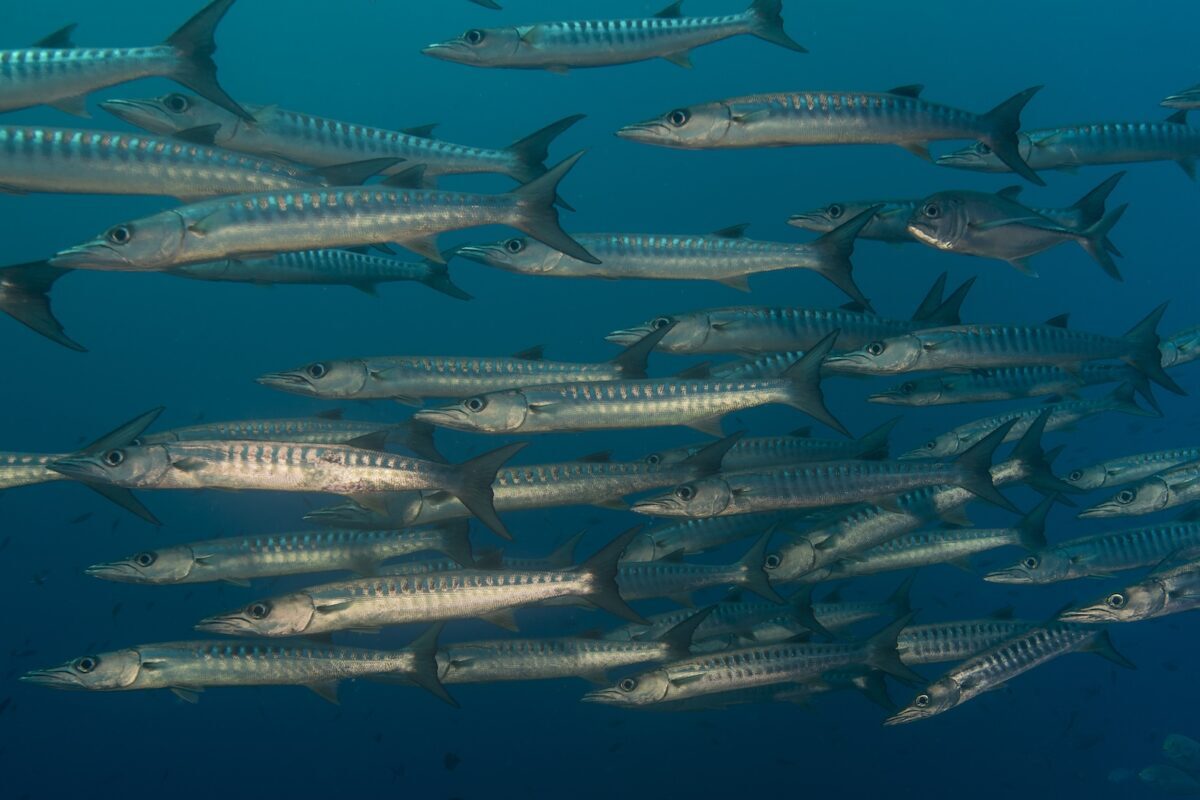This story was supported by the Pulitzer Center’s Ocean Reporting Network, where Elizabeth Claire Alberts is a fellow. NICE, France — James Marape, the prime minister of Papua New Guinea, voiced his government’s rejection of seabed mining at the 2025 United Nations Ocean Conference that took place between June 9 and 13, in Nice, France. His position stands in sharp contrast to the situation unfolding in the country’s New Ireland province, where local authorities are paving the way for foreign companies to begin mining the seabed, despite long-standing, community-led opposition to these developments. “As a country, we don’t want any deep-sea mining in Papua New Guinea,” Marape told Mongabay in an exclusive interview on the sidelines of the U.N. Ocean Conference (UNOC) on June 10. He said his country would uphold its moratoria against the industry — one of which was announced in 2019, and another in 2023. The main reason for this position, he said, is that the seas around Papua New Guinea (PNG) are “sensitive and fragile” and are home to important fisheries. “Our waters are very fertile in as far as marine life is concerned,” he said, adding that scientific evidence on how mining might affect marine ecosystems is scant. A recent brief from the U.N. secretary-general’s scientific advisory board warns of “irreversible” potential impacts on sea life due to the destruction of seafloor habitat, sediment plumes and the release of toxins by deep-sea mining. While Marape publicly asserted his opposition to the nascent industry, a proposed project…This article was originally published on Mongabay
From Conservation news via this RSS feed


